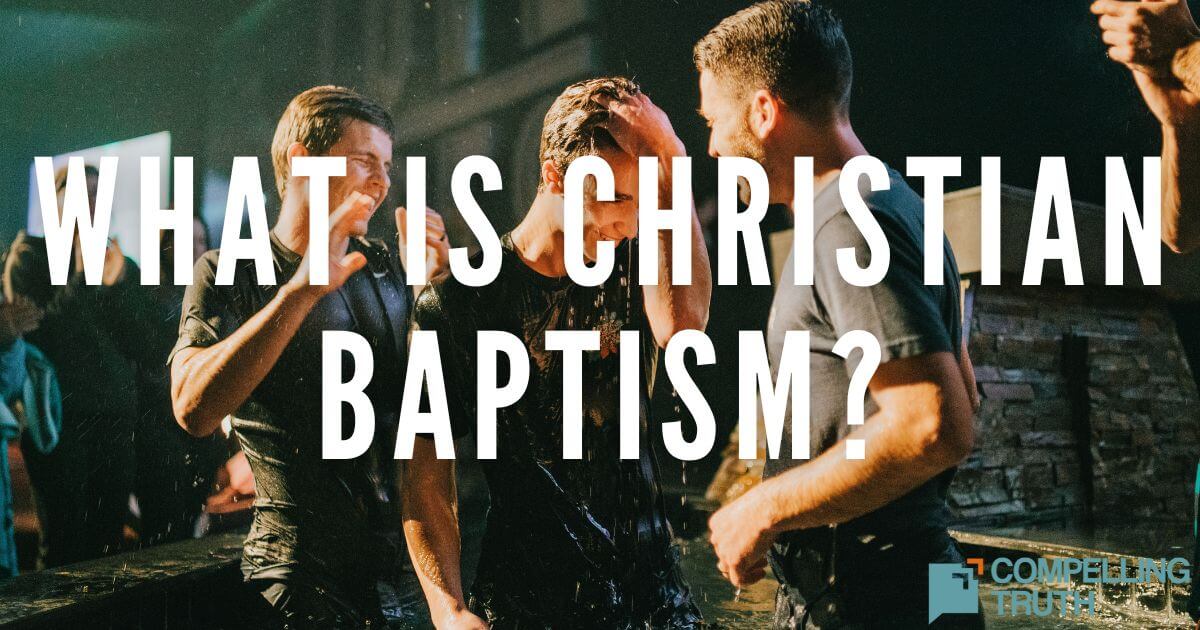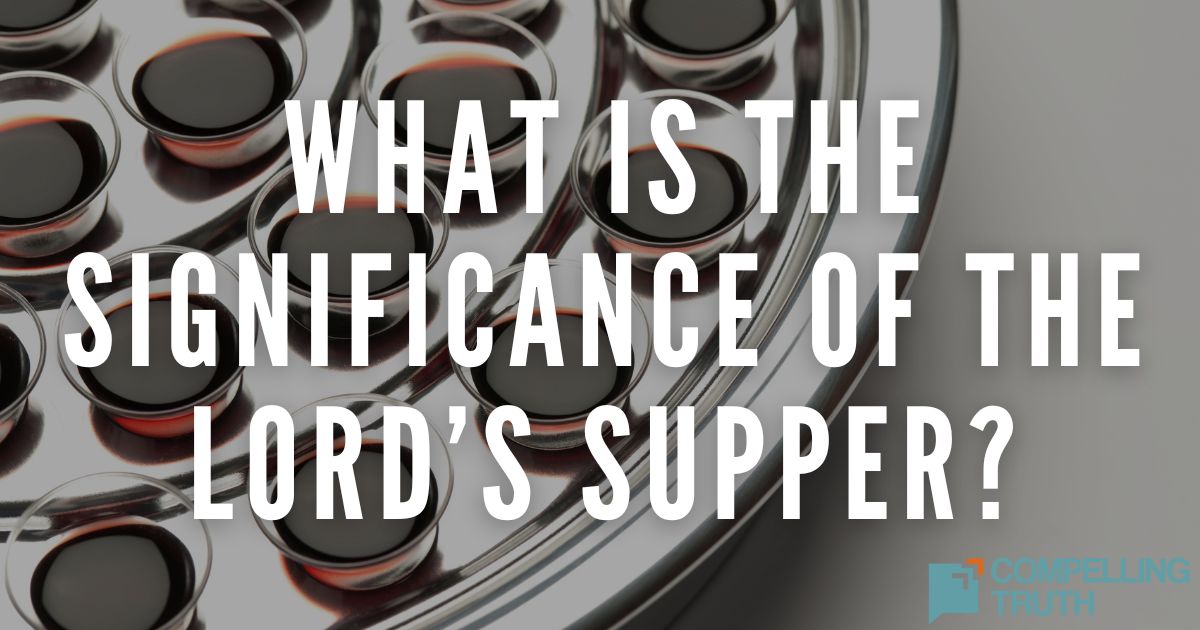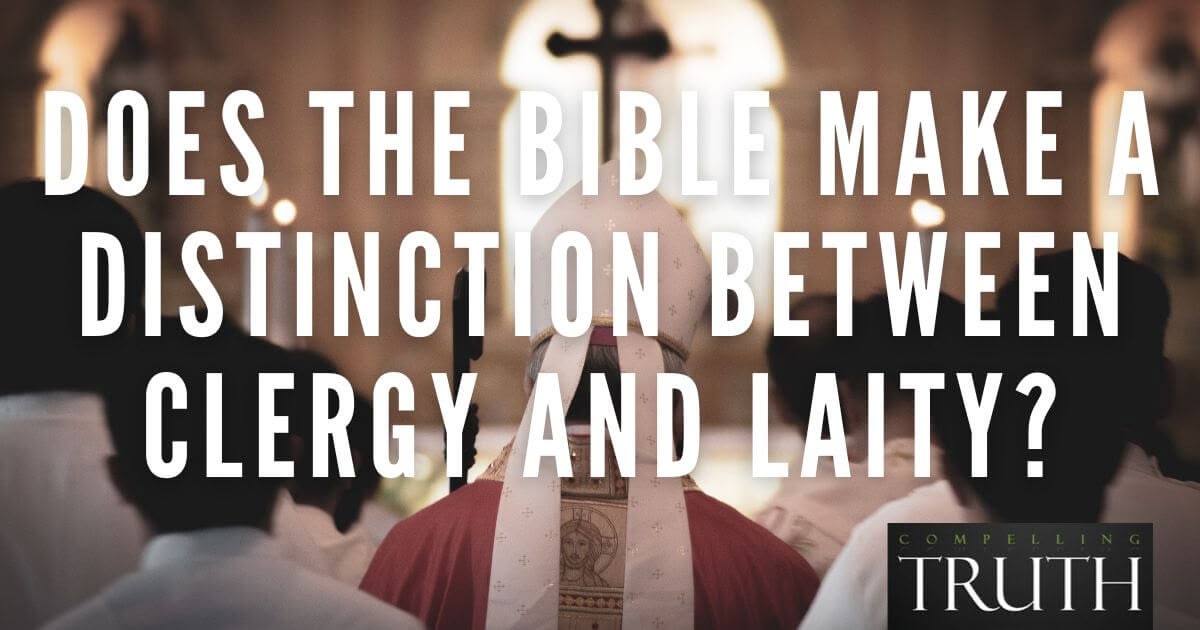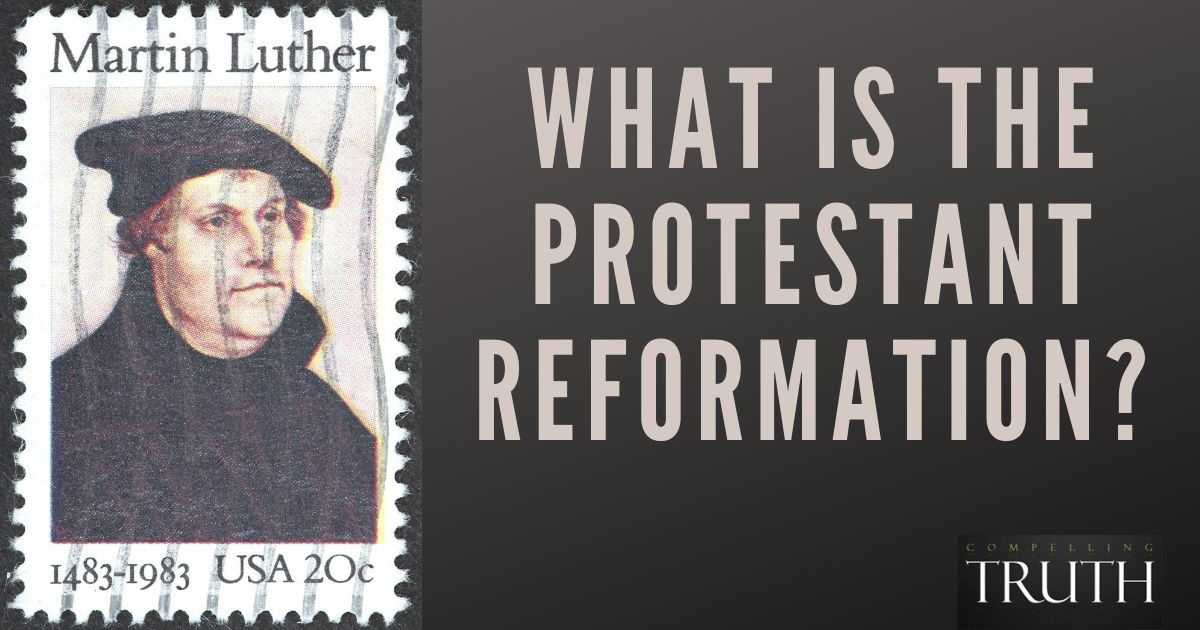Ordinances and sacraments differ primarily in their theological significance and purpose. Evangelical Protestants view the ordinances of baptism and Communion as symbolic acts commanded by Jesus (Matthew 28:19–20; Luke 22:14–23) and observed by believers as expressions of faith and obedience. They commemorate key aspects of the Christian faith. In contrast, sacraments, as viewed in some traditions like Roman Catholicism and Eastern Orthodoxy, are believed to confer or mediate God's grace directly to participants. They are seen as essential for salvation and are often accompanied by doctrinal teachings on their efficacy in spiritual life. While the ordinances or sacraments are valuable, they cannot save us.
Both baptism and Communion were specifically ordained and commanded by Jesus Christ. These activities were practiced by the apostles and were universally used in the early church. Because baptism and Communion are the only two rituals that were used by Jesus, the apostles, and early church, these are the only two sacraments or ordinances held by most Protestant churches. Neither provides salvation.
Roman Catholicism includes five additional sacraments—confirmation, confession, marriage, holy orders, and anointing of the sick. While many Protestants question some of the specifics of these practices, particularly as understood and performed by the Roman Catholic Church, they are not necessarily wrong practices. Clearly Protestants perform marriage ceremonies and uphold the value of marriage. Some Protestant churches practice confirmation, and all would value the spiritual education of youth. Many Protestants confess sin to one another, not to a priest. Protestants also pray for the sick, and some anoint them with oil. Most pastors go through an ordination process. The difference is an understanding of the importance and result of these practices. Evangelical Protestants would not consider any of these five things an ordinance or sacrament, and none contribute to salvation.
The ordinances of baptism and Communion continue to be important today in the lives of Christians worldwide. As we celebrate new life in baptism and remember the Lord's death in Communion, we connect with the ancient traditions of Jesus, the apostles, and the early church in worshiping the Lord as He has commanded.




